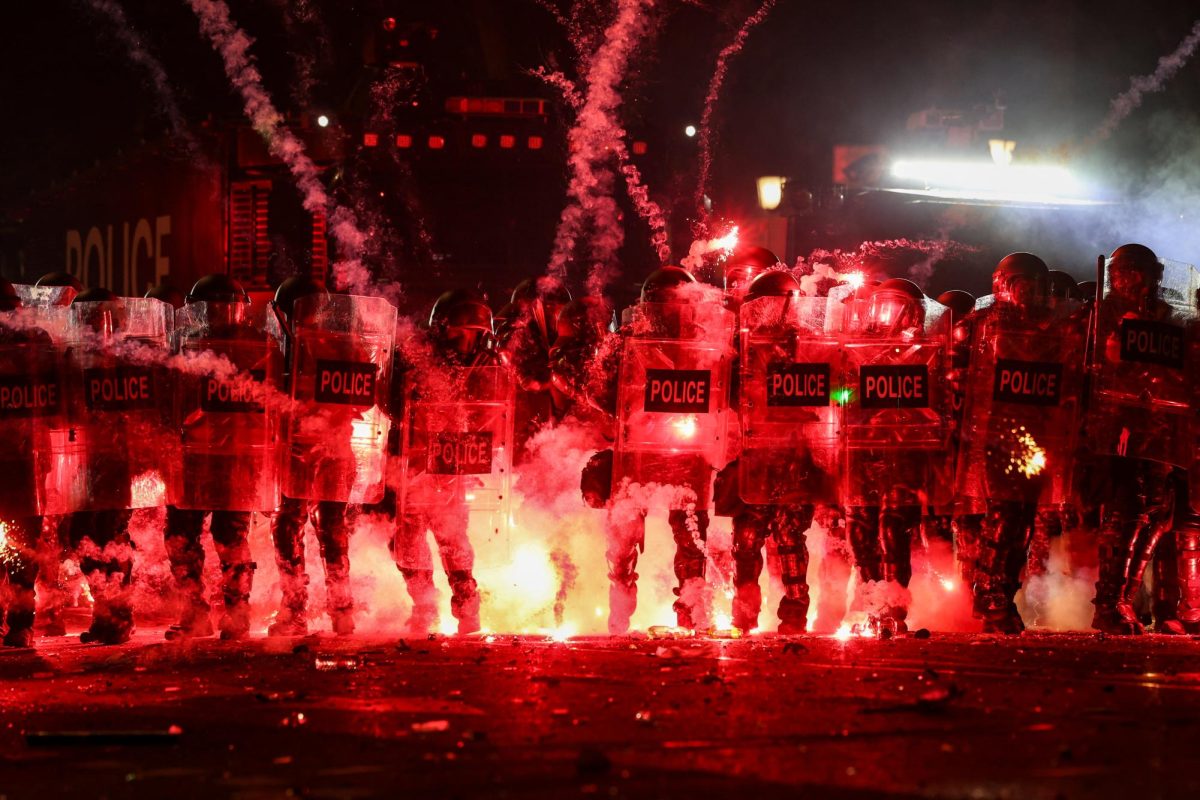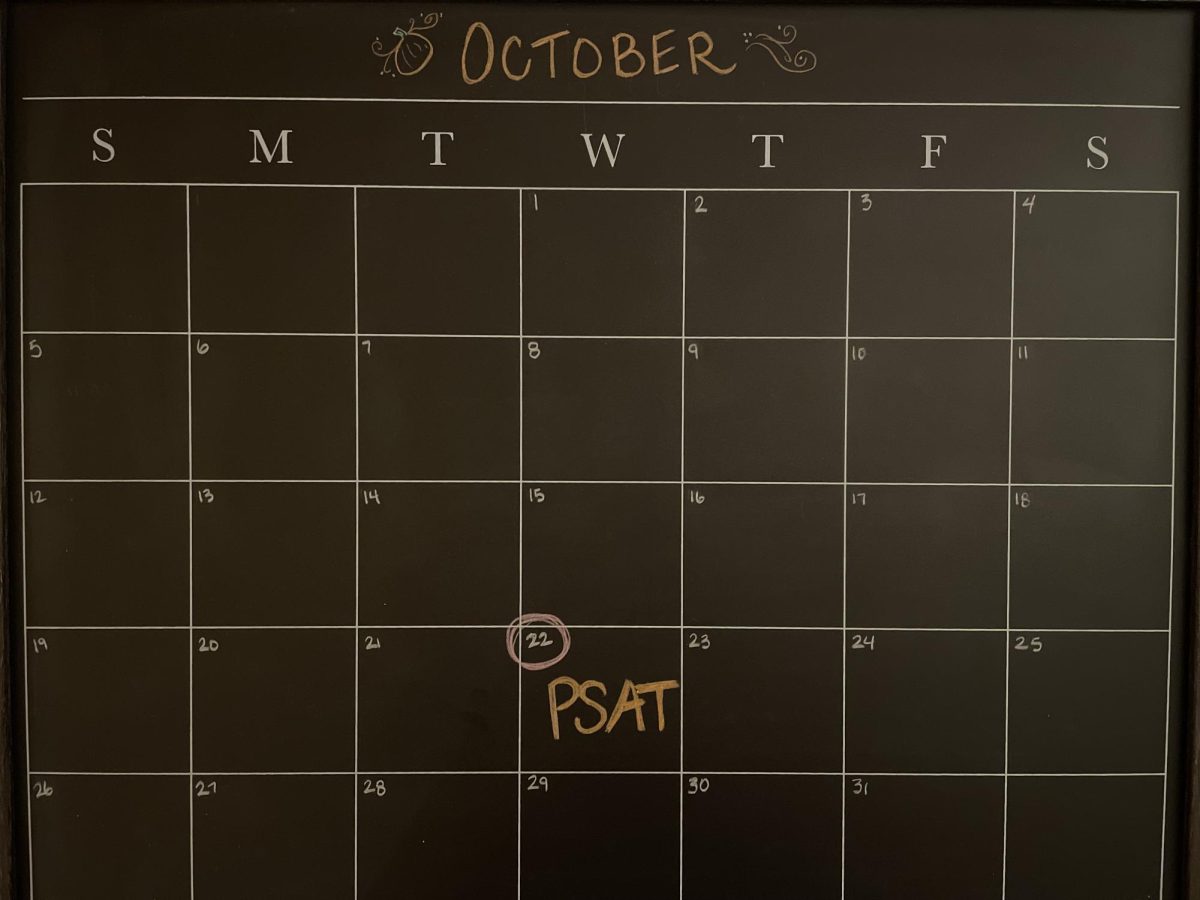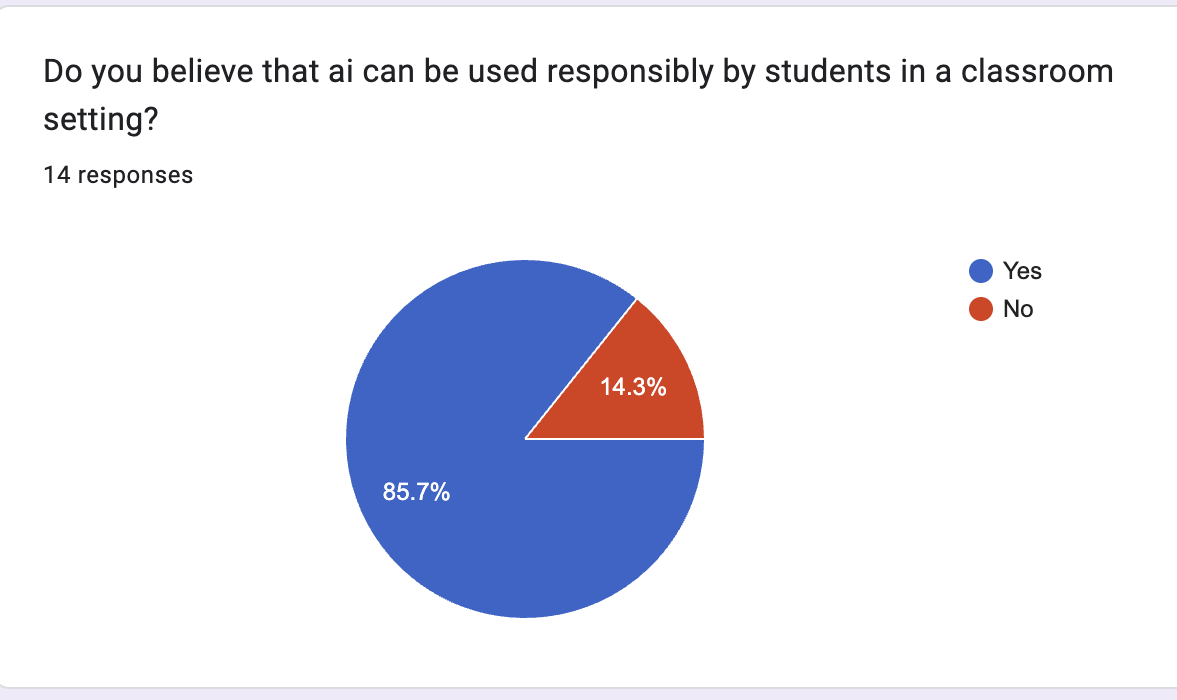In December 2023, the European Union granted the country of Georgia candidate status, but this proposal has not been fulfilled. The EU has put the action on hold and cut financial support after a Georgian Parliament speaker signed on and passed a bill that enforces a “foreign influence” law. It has been widely received as anti-democratic and similar to a Russian law that critiques groups who criticize the government.
There has been much instability in the country since the election in late October when the current ruling party, the Georgian Dream, took back control of Parliament. The opposition, Salome Zourabichvili, claimed that the party rigged the election with Russia’s help, similar to the belief of some members of the population.
This instability shifted to protests that gained momentum after the Georgian Dream announced that they would be putting talk of an EU accession on hold, leading to accusations of the party’s ties to the Kremlin.
Dec. 8 marks the 11th straight day of violent protests that continue to surge in the country. Police have used water cannons and tear gas to disperse many riots, as well as beating protesters who threw fireworks at them. Many civilians and police officers have been injured in these rallies. There have been reports of Georgian journalists being assaulted by mobs as well; multiple incidents that led to hundreds of media workers marching through the capital’s central avenue and putting up posters of their colleagues who had been beaten while doing their jobs.
Officials from the United States and the European Union have expressed disapproval over the purposeful repression of citizens’ opposition demonstrations, and the US has threatened further sanctions.
It seems as though riots will continue as the government’s intentions remain unclear. The words “No to Russia” were sprayed in black graffiti on a Parliament building, as well as other spots around Tbilisi, the capital of Georgia; just another form of protest and backlash that we may witness as the situation unfolds.







